The book
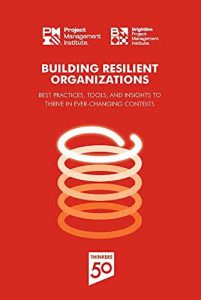 Today’s book review deals with a book that addresses a topic that has been on everyone’s lips for quite some time. It is about how organizations can be designed to cope well with the ever-increasing environmental change. The book is an collection of essays and was recently published as paperback by the Project Management Institute (PMI) under the Brightline(r) initiative in cooperation with leading organizations.
Today’s book review deals with a book that addresses a topic that has been on everyone’s lips for quite some time. It is about how organizations can be designed to cope well with the ever-increasing environmental change. The book is an collection of essays and was recently published as paperback by the Project Management Institute (PMI) under the Brightline(r) initiative in cooperation with leading organizations.
In 21 articles on about 200 pages, the book contributes numerous thoughts on tools, best practices and further insights on the topic.
The authors are thought leaders, consultants, and practitioners who have taken a closer look at how to successfully deal with the ever-changing contexts.The contributions are all around 6-8 pages and are thus compact enough to serve as stimulating reading in between. All articles have a list of references.
The contents
In the following, I would like to take a closer look at some of the contributions in the book in order to give an impression of the spectrum of content. The selection was made rather randomly and according to my own curiosity and thus does not represent a quality judgment. The contributions are consistently interesting and show numerous facets of the topic of resilience of and resilience in organizations.
- Scott D. Anthony, for example, deals in his contribution “How to Become Comfortable with Discomfort” with the question of how organizations can deal with the unpleasant question that the acting employees and managers increasingly have to act in a context in which it is necessary to endure the Socratic statement “I know that I know nothing” in order to allow innovations and new things. The author is listed in Thinkers50 as a management thought leader and has published numerous books on innovation.
- In his contribution, Chris Clearfield explores the question of what “Building Resilience by Leading Change” looks like. He is a transformation consultant and addresses curiosity and the question of how to get comfortable being uncomfortable.
- BCG ist mit den Autoren Julia Dhar, Kristy Elmer Jim Hemerling et al. mit einem Beitrag vertreten, der die Idee des “Generative Leadership” als Ansatz und Voraussetzung für resiliente Organisationen vorstellt. Generative Leader wollen die Welt zu einer besseren Platz werden lassen, betrachten dabei die Bedürfnisse aller Stakeholder, inspire and enrich human experience und execute and innovate through supercharged teams.
- Ruth Gotian ist der Gewinner des Thinkers50 Radar Award 2021, is social scientist and the chief learning officer and assistant professor of education in anesthesiology at Weill Cornell Medicine in New York City. In ihrem Aufsatz geht es um die Frage, wie High-Performers recruitiert, gehalten und geführt werden können.
- David Liddle liefert einen Beitrag mit dem Titel “Achieving Resilience Through Structural and Systems Change”. Als CEO eines auf Transformation spezialisierten Beratungsunternehmens beleuchtet er die Frage, was ein resilientes Unternehmen hinsichtlich seiner Kultur ausmacht und wie man diese erlangen kann.
- “Leading Into an Unknown Future: Why Learning Organizations Prove Resilient, But Not Vice Versa” is the title of the article by Carsten Linz, who, after working in industry at SAP and BASF, among others, now advises organizations on transformation topics. He also sits on numerous boards and has gained a reputation with his book on the transformation of business models in the digital transformation.
- His contribution argues for resilience to be viewed as an outcome rather than a means. To this end, he defines four actions or opportunities that leaders should use in their organizations. The focus is not only on the design of resilient business models, but also on organizational learning and an open view of the future.
This look should suffice to provide a sense of the broad content of the book. Additional contributions from other renowned consultants and thought leaders complete the spectrum.
The bottom line
The book is a nice reader for in between, suitable for managers, consultants and scientists alike. The contributions all deal with the question of how organizations can be designed to survive sustainably in turbulent environments. Although the essays are short in length, non of them lacks depth and food for thought. Even though the approaches are different, almost all of them show in one way or another the need to allow for uncertainty and contradictions as a leader, to look positively and holistically into the future, to keep organizational structures flexible and to constantly promote innovation in the organization. An important topic, a good way to stimulate one’s own thoughts. So from my side a recommendation to consider for your next flight, taxi drive or brief thinking time in your armchair.
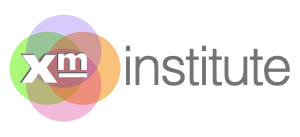
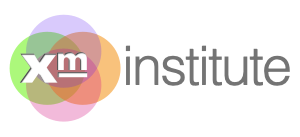

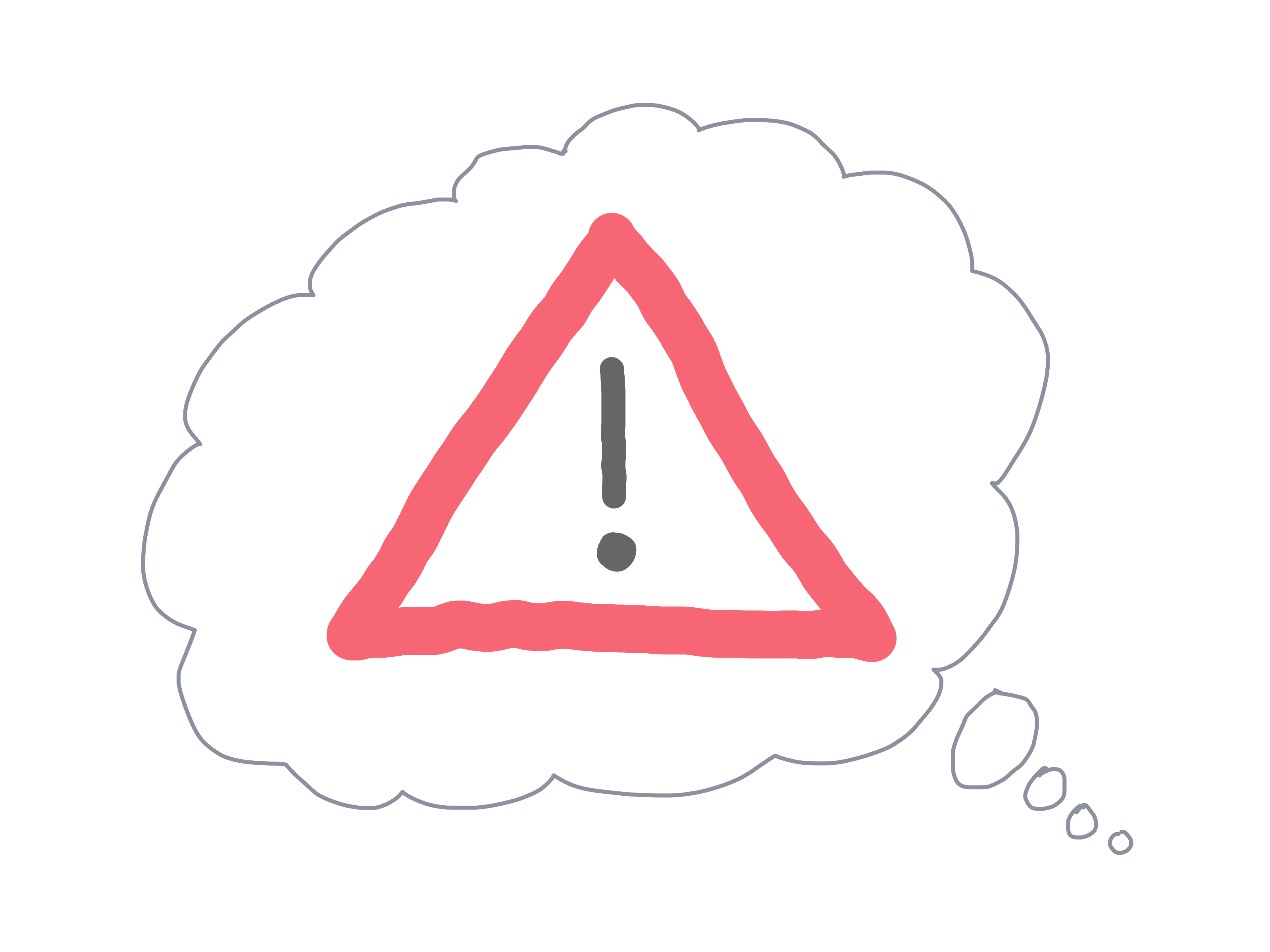

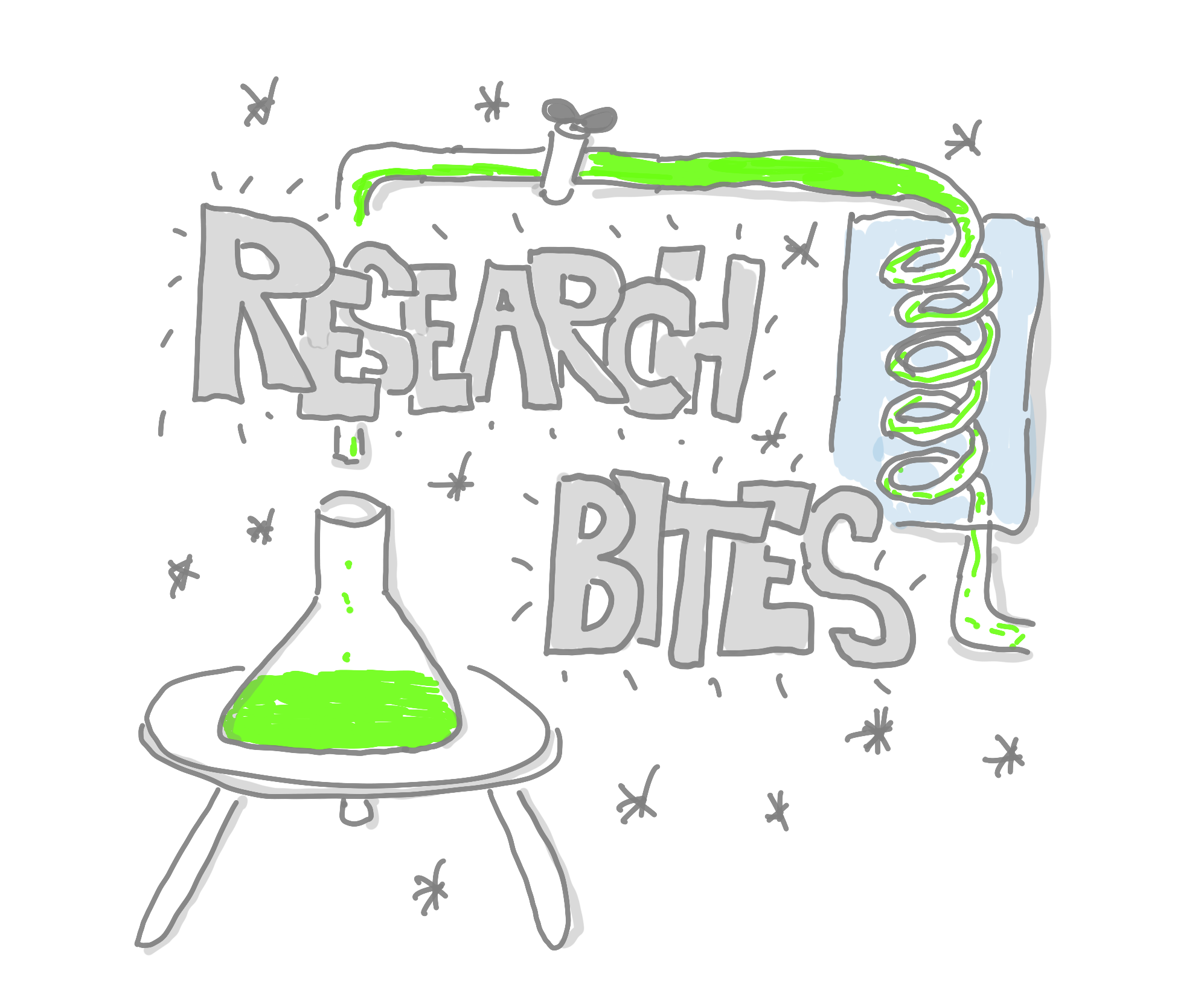
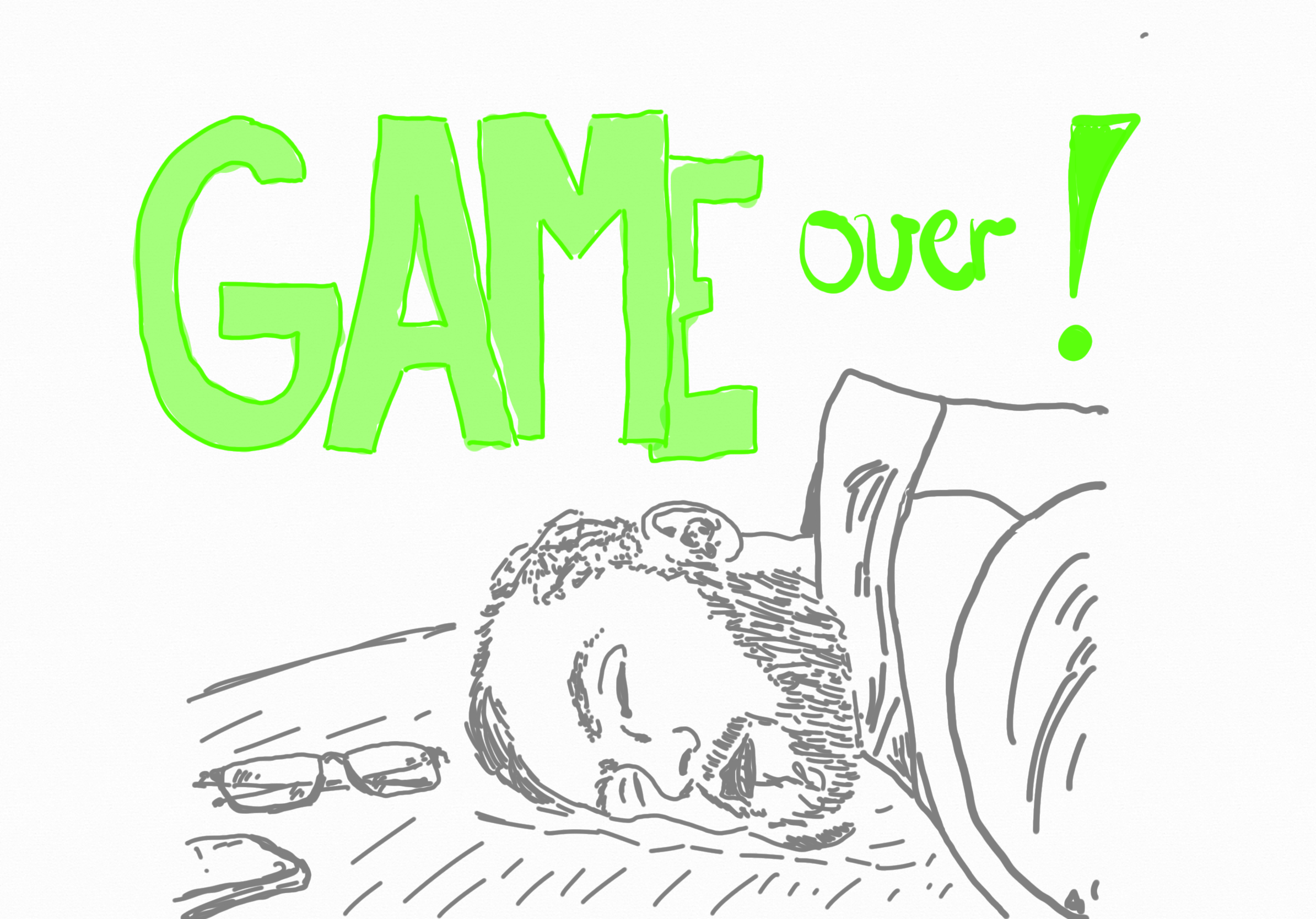
Leave A Comment